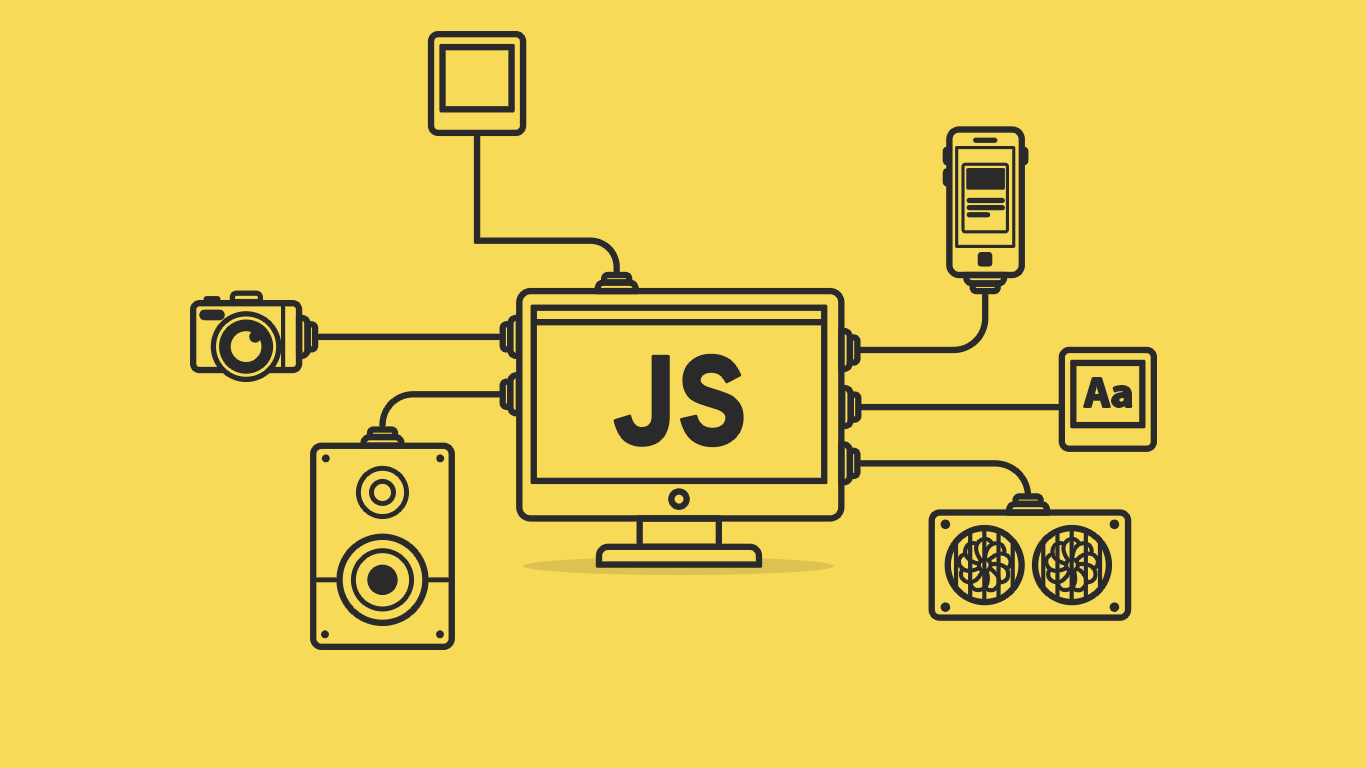Speeding up the JavaScript Ecosystem: Isolated Declarations
In the dynamic and ever-evolving world of web development, the JavaScript ecosystem has experienced remarkable growth and innovation. As the language continues to expand its reach, developers are constantly seeking ways to optimize and streamline their workflows. One such approach that has gained significant attention is the concept of "Isolated Declarations," a technique that aims to enhance the performance and maintainability of JavaScript-powered applications.
The Challenge of a Growing Ecosystem
The JavaScript ecosystem has become increasingly complex, with a vast array of frameworks, libraries, and tools available to developers. While this diversity presents exciting opportunities for creativity and problem-solving, it also introduces challenges in terms of managing dependencies, optimizing performance, and ensuring code consistency across different projects and team members.
One of the primary issues faced by developers is the potential for conflicts and collisions between various libraries and frameworks. When multiple JavaScript files or modules are included in a project, there is a risk of variable and function name clashes, leading to unexpected behavior and bugs. This problem becomes more pronounced as the codebase grows, making it increasingly difficult to maintain a clean and organized development environment.
Introducing Isolated Declarations
Isolated Declarations is a strategy that addresses these challenges by leveraging the inherent features of JavaScript's scoping and module system. The core idea behind this approach is to encapsulate the declarations of variables, functions, and other entities within their own isolated scopes, effectively minimizing the risk of naming conflicts and enhancing the overall maintainability of the codebase.
By utilizing techniques such as Immediately Invoked Function Expressions (IIFEs), module patterns, and newer module systems like ES6 modules, developers can create self-contained units of code that operate independently, without interfering with the global namespace or other parts of the application.
Benefits of Isolated Declarations
Adopting the Isolated Declarations approach offers a range of benefits that can significantly improve the development experience and the performance of JavaScript-based applications:
Reduced Naming Conflicts: By isolating declarations within their own scopes, the likelihood of variable and function name clashes is greatly reduced. This promotes cleaner and more organized codebases, making it easier for developers to understand and maintain the codebase.
Improved Dependency Management: Isolated Declarations help manage dependencies more effectively. When each module or function encapsulates its own declarations, it becomes easier to identify and manage dependencies, reducing the risk of unexpected side effects or breaking changes.
Enhanced Testability: Isolated Declarations make it simpler to write and maintain unit tests for individual components or modules. By separating concerns and minimizing global state, developers can more easily test the behavior and functionality of specific parts of the application.
Optimized Performance: Isolating declarations can lead to performance improvements by reducing the overall size of the JavaScript payload. By limiting the scope of variables and functions, the browser can more efficiently parse and execute the code, resulting in faster load times and improved user experience.
Easier Refactoring and Scaling: As the codebase grows, Isolated Declarations make it easier to refactor and scale the application. Developers can more confidently make changes to specific modules or components without fear of unintended consequences in other parts of the application.
Implementing Isolated Declarations
Implementing Isolated Declarations in your JavaScript projects can be achieved through various techniques, including:
Immediately Invoked Function Expressions (IIFEs): IIFEs are self-executing anonymous functions that provide a clean and isolated scope for declarations.
Module Patterns: Utilizing module patterns, such as the Revealing Module Pattern or the Revealing Prototype Pattern, allows you to encapsulate your code within private and public interfaces.
ES6 Modules: The introduction of ES6 modules (import/export) in modern JavaScript provides a more structured and standardized way to create isolated, modular code.
Bundlers and Build Tools: Tools like Webpack, Rollup, and Parcel can help manage dependencies and optimize the bundling of your JavaScript code, further enhancing the benefits of Isolated Declarations.
By adopting these techniques and incorporating Isolated Declarations into your development workflow, you can significantly improve the maintainability, testability, and performance of your JavaScript-based applications, ultimately contributing to the overall health and efficiency of the JavaScript ecosystem.
Conclusion
In the ever-evolving world of web development, the JavaScript ecosystem continues to present both challenges and opportunities. Isolated Declarations offer a powerful solution to address the growing complexity and the need for more efficient and scalable JavaScript applications.
By embracing this approach, developers can create modular, self-contained units of code that minimize naming conflicts, improve dependency management, and enhance the overall testability and performance of their projects. As the JavaScript landscape continues to expand, the adoption of Isolated Declarations can play a crucial role in streamlining the development process and driving the ecosystem forward.

